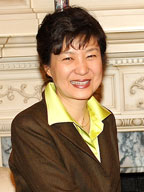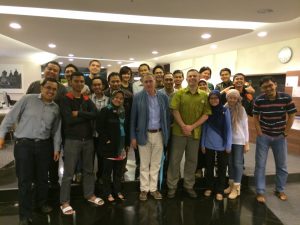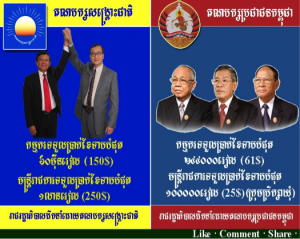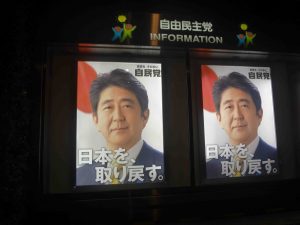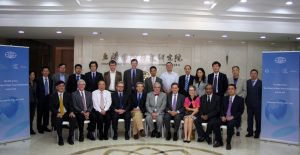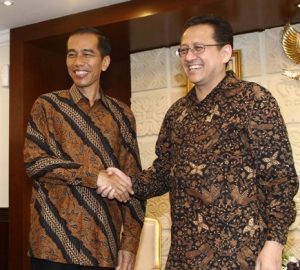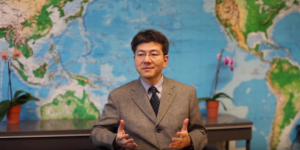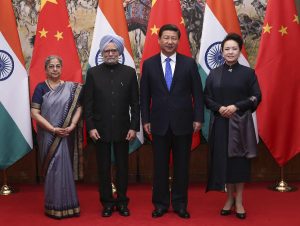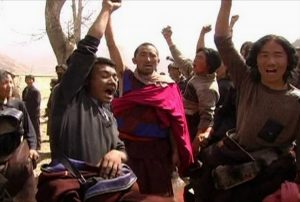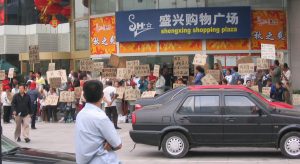The Paradox of Women Leaders in Asian Democracies
Memo #277 By Timothy S. Rich – timothy.rich [at] wku.edu Political life in Asian countries is often characterized as a man’s world, especially compared to its Western counterparts. Yet we have also seen increasing political leadership opportunities for women in the region. Since 2000 alone, women have been elected prime minister in Bangladesh and Thailand, […]
Voices from Indonesia’s Rising Policy Elites: a Confident, Flexible, and Creative Indonesia
Memo #275 By Yves Tiberghien – yves.tiberghien [at] ubc.ca Asia is in the midst of a great uplift, but also great social change and geopolitical transformation. In the midst of China’s rise, China-Japan tensions, India’s new voice, and the US pivot, how are Indonesians thinking and planning? Indonesia is only slowly waking up to its […]
Electoral Politics in Cambodia: A Challenge to Hun Sen?
Memo #269 By D. Gordon Longmuir – dglongmuir [at] gmail.com Cambodia has a liberal democratic constitution that provides for modern institutions and freely elected governments. But to challenge authority has never been a feature of Cambodia’s civic culture. The elections of July 2013 were the fifth since those mounted by the United Nations Transitional Authority […]
Against Abe: Listening for Oppositional Voices within Japan
Memo #268 By Hyung-Gu Lynn – hlynn [at] mail.ubc.ca The poster beside the headquarters of the ruling Liberal Democratic Party (LDP) in Tokyo features a photograph of Prime Minister Abe Shinzō, adorned with the slogan “Take back Japan!” Most English-language media accounts and op-eds create the impression that all of Japan is enthusiastic in its […]
Fragmentation vs. Integration in Asia in 2014: A Year for the History Books
Memo #259 By Yves Tiberghien – yves.tiberghien [at] ubc.ca In the wake of major leadership change around East Asia, what will be the major trends in the Asia/Pacific region in 2014? Did the battle over the Chinese Air Defense Identification Zone (ADIZ) and the provocative visit to Yasukuni Temple by Prime Minister Abe on December […]
Decentralized Governance and Local Leadership in Urbanizing Asia
Memo #255 By Michelle Ann Miller – arimam [at] nus.edu.sg and Tim Bunnell – geotgb [at] nus.edu.sg The trend toward decentralized governance in twenty-first century urbanizing Asia has ushered in a critical role for local leadership. With around 1.5 billion people currently living in its urban areas, Asia is home to more than half of […]
Japan-China Relations: Issues and Prospects (Video Interview with Akio Takahara) – Part 1 of 2
Memo #253 Featuring Akio Takahara Recently the Asia Pacific Memo sat down with Dr. Akio Takahara, Professor in the Graduate School of Law and Politics at the University of Tokyo and a recognized authority on contemporary Chinese politics, international relations in East Asia, and Japan-China relations in particular. In this first part of a two-part video memo, […]
Keeping Neighbours Closer: Beijing’s Geopolitical Pitch
Memo #249 By Jargalsaikhan Mendee – mendee [at] alumni.ubc.ca Lately, Chinese leaders have been busy bolstering relations with their immediate neighbours. As evidence, the Prime Ministers of India, Mongolia, and Russia arrived in Beijing for bilateral meetings with China’s President Xin Jinping and Premier Li Keqiang on the same day—October 24, 2013. While Russian Prime Minister Dmitri […]
Security or Nationalism? Making Sense of Tibetan Resistance against China
Memo #247 By Tsering Topgyal – t.topgyal [at] bham.ac.uk Scholarship on the Sino-Tibetan conflict maintains a primarily binary representation of the Chinese as security-driven and the Tibetans as ethno-nationalistic. In reality, for Tibetans it is the sense of identity security or insecurity (that is, the relative prospects for the survival and reproduction of their identity) that informs […]
China’s Turn Against Law Fuels Rising Social Unrest
Memo #246 By Carl Minzner – cminzner [at] law.fordham.edu Over the past decade, central Chinese leaders have changed course with regard to legal reforms they had pursued in the late twentieth century. This has eroded earlier state progress towards improving citizens’ access to justice, a reality that is fanning the flames of social unrest. Over […]
